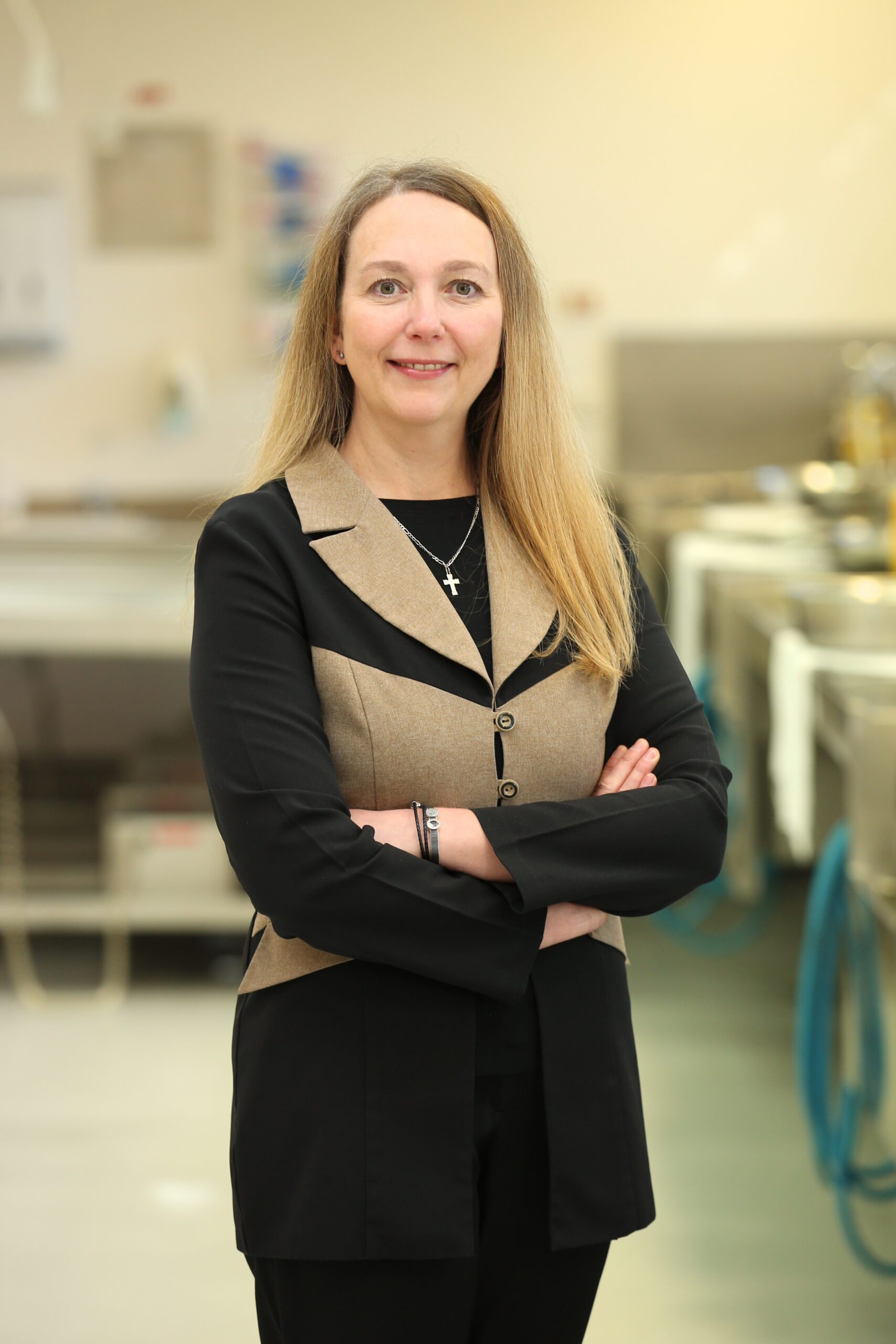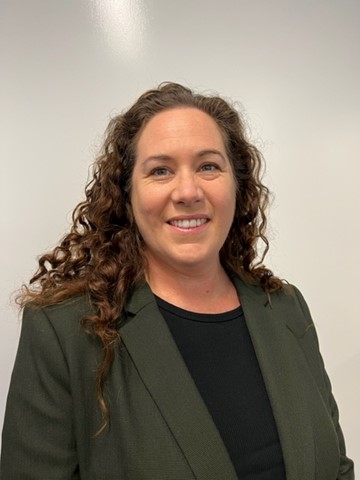Painting a path to healing
Meet Forensic Mortuary Technician, Abby-Lee Honeysett, a proud Wiradjuri woman..
NSW Health Pathology offers a wide range of career opportunities and fosters a work culture that puts people first.
We’re proud to be Australia’s largest public pathology and forensic & analytical science service, employing more than 5,000 staff.
Our Forensic Medicine service conducts post-mortem examinations at the direction of the NSW Coroner to help investigate unexplained or unexpected deaths in NSW.
More than 6,000 such deaths are reported to the NSW Coroner each year.
Forensic Medicine is one of three government agency partners in the coronial pathway including NSW Police and NSW Communities and Justice.
Our teams prioritise support for bereaved families’ need for answers and the Coroner’s role in delivering justice, and improving the health and safety of communities across NSW.
We also provide a Non-Coronial Autopsy Service for certain cases at the request of a NSW Health hospital treating clinician.
Every deceased person who comes into our care is treated with dignity and respect.
When an unexpected or unexplained death is referred to the NSW Coroner, post-mortem examinations can only be performed by specialist forensic pathologists at one of our three dedicated facilities in Sydney, Newcastle and Wollongong.
In addition to forensic pathologists, our teams include:
Forensic odontologists, anthropologists and neuropathologists may be required in some cases. Our teams also work closely with forensic biologists (DNA) and toxicologists from NSW Health Pathology's Criminalistics and Forensic & Environmental Toxicology services.
The Coroners Act 2009 requires cause of death to be determined in the least invasive manner, so Forensic Medicine has clear Clinical Standards defining the extent to which examinations can be performed.
This may include:
When non-invasive procedures don’t give enough information to establish cause of death, an examination like a surgical operation may be ordered by the Coroner.
After each referral to the Coroner, a forensic medicine social worker contacts the senior next-of-kin to provide updates on the post-mortem examination process and timeline.
Our forensic medicine social workers arrange viewings at our facilities and provide essential grief resources. We are acutely aware of the diverse religious and cultural needs and make every effort to respect these and assist with the grieving process.
Post-mortem examination reports are prepared specifically for the Coroner. Out of respect for privacy for the deceased people in our care and in line with legislative requirements, we do not release information about specific coronial cases to the media or public. Information about accessing coronial documents is available on the Coroners Court website
If you would like to know more about Forensic Medicine including further information about engaging with the coronial process and/or our career opportunities, please email our Forensic Medicine Service:
Email Forensic Medicine Service


Meet Forensic Mortuary Technician, Abby-Lee Honeysett, a proud Wiradjuri woman..
Our flagship medical recruitment event – the annual Meet and..
⚠️Content warning - this story discusses infant loss. Senior Forensic..
Leading researcher at NSW Health Pathology Prof Emmanuel Favaloro has..
University of Western Sydney student and proud Wiradjuri woman Sabrina..
The NSW Minister for Skills, TAFE and Tertiary Education Steve..
Work is nearing completion on a project to install 557..
Staff at NSW Health Pathology took home a swag of..
Pathology medical trainees are the future of our medical workforce..
These beautiful painted leaves help families mourning the unexpected or..
NSW Health Pathology acknowledges the Traditional Custodians of the land across NSW whose cultures and customs have nurtured and continue to nurture this land. We would like to pay our respects to the Elders past, present and emerging, for they hold the memories, the traditions, the culture and hopes of Aboriginal and Torres Strait Islander peoples across the state.
NSW Health Pathology acknowledges the Traditional Custodians of the land across NSW whose cultures and customs have nurtured and continue to nurture this land. We would like to pay our respects to the Elders past, present and emerging, for they hold the memories, the traditions, the culture and hopes of Aboriginal and Torres Strait Islander peoples across the state.
